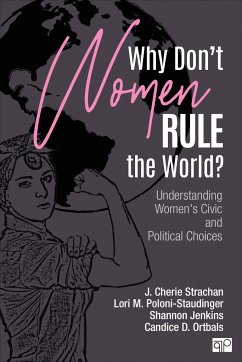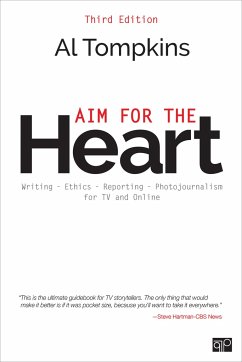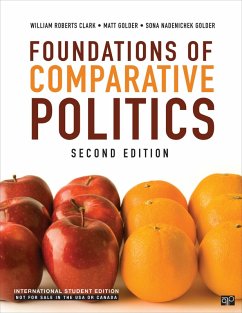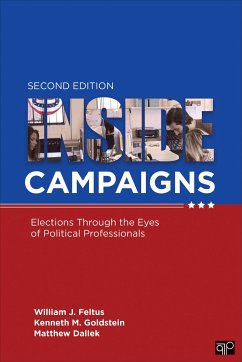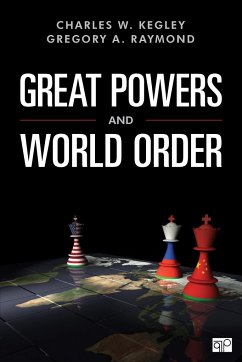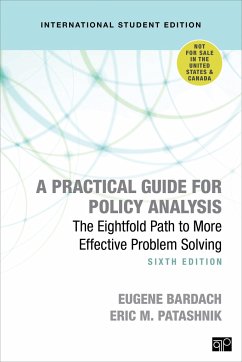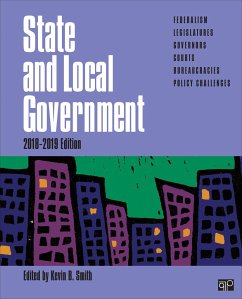Nicht lieferbar
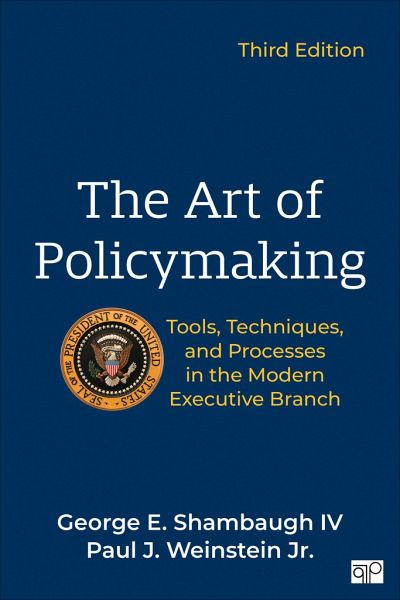
The Art of Policymaking
Tools, Techniques, and Processes in the Modern Executive Branch
Versandkostenfrei!
Nicht lieferbar




Written by two experts in the field, The Art of Policymaking is the perfect how-to guide to executive-level policymaking for students and professionals.
Dr. George E. Shambaugh, IV is Professor of International Affairs and Government at the Edmund A. Walsh School of Foreign Service, Director of the Masters of Science in Foreign Service Program, and former chairman of the Department of Government at Georgetown University. He holds a Ph.D. and M. Phil. in Political Science, and an M.A. in International Affairs from Columbia University, as well as a B.A. in Government and Physics from Oberlin College. His research focuses on international political economy, international politics, foreign policy, and the environment. Dr. Shambaugh is the author of Oracles, Heroes or Villains: Economic Policymakers, National Politicians, and the Power to Shape Markets (Cambridge 2019), States, Firms, and Power: Successful Sanctions in U.S. Foreign Policy (SUNY, 1999), co-author of the first and second editions of The Art of Policymaking: Tools, Techniques, and Processes in the Modern Executive Branch (Longman, 2003, Sage 2016), co-editor of Anarchy and the Environment: The International Politics of Common Pool Resources (SUNY, 1999), and co-editor of three issues of Taking Sides: Clashing Views on Controversial Issues in American Foreign Policy (McGraw-Hill, 2006, 2008, 2010). His articles have appeared in a range of journals, including the PLoS One, Sustainability, American Journal of Political Science, International Studies Quarterly, The Journal of Peace Research, Review of International Studies, Analyses of Social Issues and Public Policy, International Politics, Environmental Politics, International Interactions, and Security Dialogue. He has received grants and awards from the National Science Foundation, the Smith Richardson Foundation, the Social Science Research Council, the MacArthur Foundation, the International Studies Association, the American Political Science Association, and the Oberlin Alumni Foundation, and he has been a MacArthur Foundation and Dwight D. Eisenhower/Clifford Roberts Fellow.
Produktdetails
- Verlag: SAGE Publications Inc
- 3 Revised edition
- Seitenzahl: 312
- Erscheinungstermin: 6. September 2024
- Englisch
- Abmessung: 227mm x 152mm x 21mm
- Gewicht: 456g
- ISBN-13: 9781071917879
- ISBN-10: 1071917870
- Artikelnr.: 69725524
Herstellerkennzeichnung
Libri GmbH
Europaallee 1
36244 Bad Hersfeld
gpsr@libri.de
Für dieses Produkt wurde noch keine Bewertung abgegeben. Wir würden uns sehr freuen, wenn du die erste Bewertung schreibst!
Eine Bewertung schreiben
Eine Bewertung schreiben
Andere Kunden interessierten sich für



